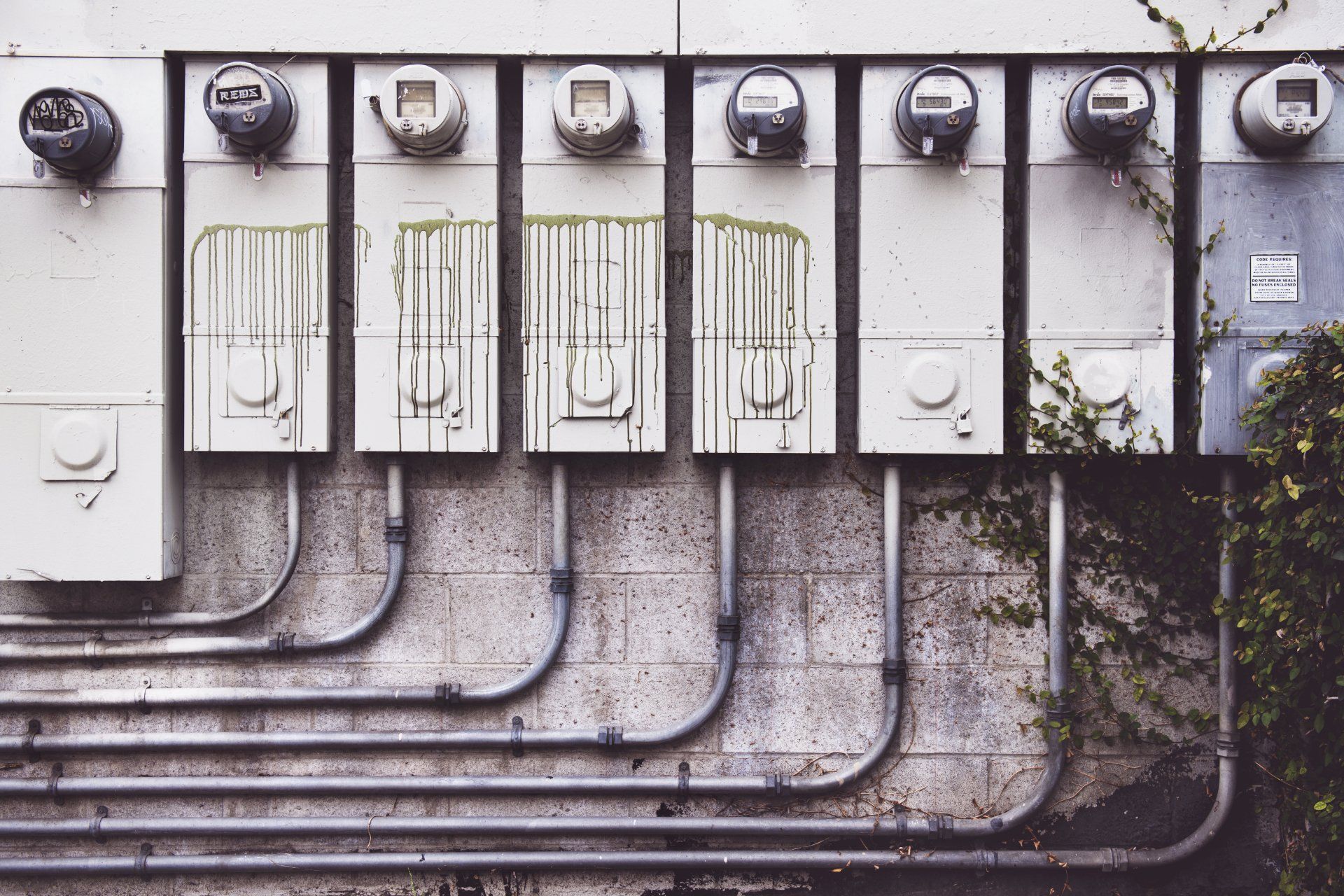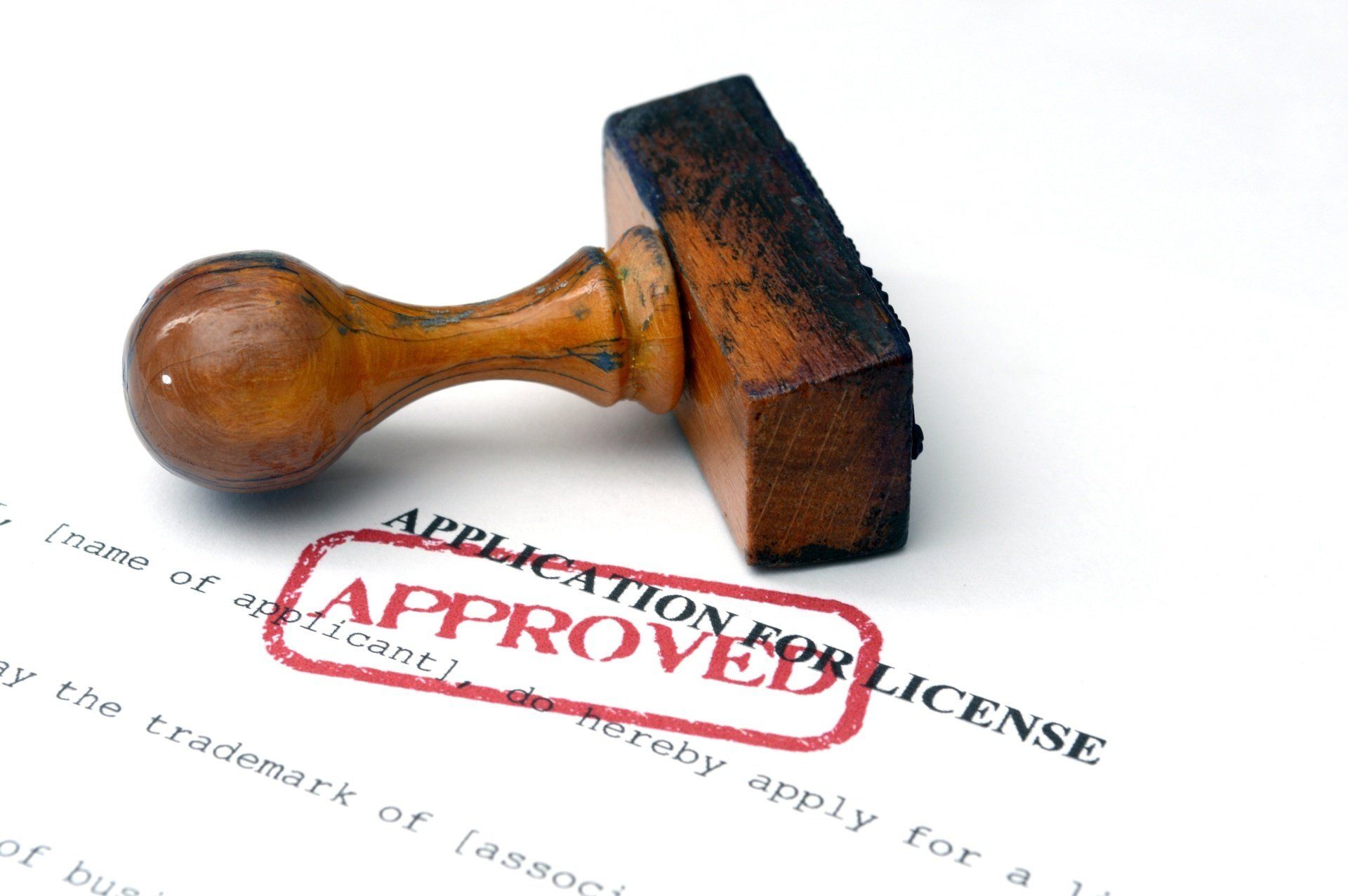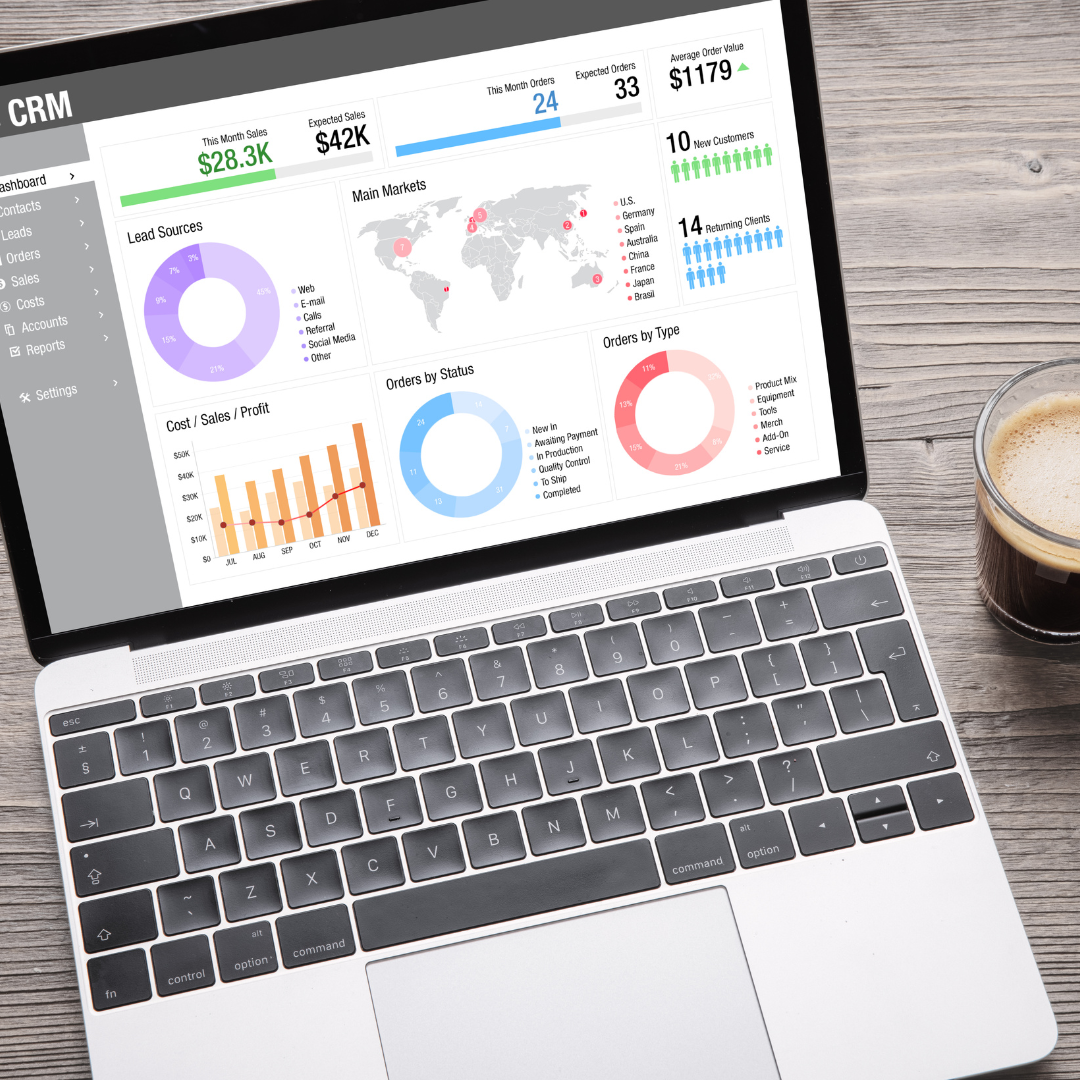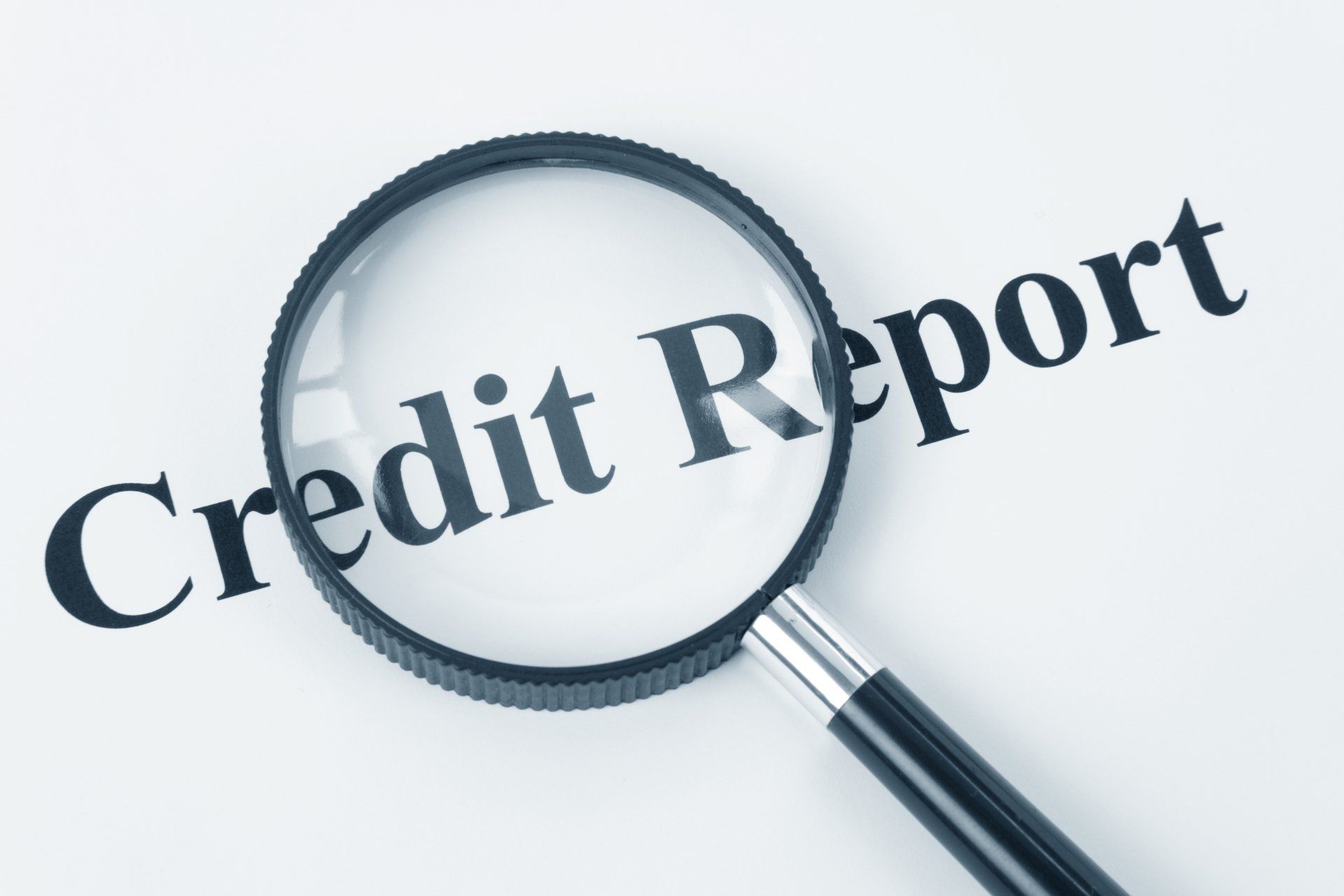Filing a Mechanics Lien in Florida
Florida law offers strong lien rights for general contractors and suppliers. Providing that correct paperwork is in place if a contractor isn’t paid for a job, they are able to file a lien to receive payment as well as protecting themselves. In cases of non-payment, there are requirements that need to be fulfilled and a strict process followed.
These are 3 important things you need to know about the mechanics lien law in Florida:
1) The Notice to Owner is a Strict Requirement
A preliminary notice (referred to as the Notice to Owner) needs to be delivered as soon as possible after the first labor or materials are provided. For parties who do not contract directly with the property owner, they must serve a Notice to Owner within 45 days of providing labor or materials to the project. The two exceptions are for individual wage-laborers as well as design professionals (such as architects and engineers) who are not required to send an NTO.
There is also provision for property owners to request a list of subcontractors and suppliers from the general contractors. If the general contractor receives this request, they have 10 days from when the request is made to supply the list of subcontractors and suppliers that they have hired for the project.
Who receives the notice?
- If you have been hired by the general contractor, the notice should be sent to the property owner.
- If you were hired by a subcontractor, the notice should be sent to the property owner and the general contractor.
- For those hired by a sub-subcontractor, the notice will need to be sent to the property owner, the general contractor as well as the subcontractor.
If you are involved in a construction project, and you don’t know who these parties are, help is at hand. Florida’s Notice to Owner law means that you can rely on publicly available information.
Importantly, when sending the Notice to Owner in Florida, it must be sent by Certified Mail, and a Return Receipt must be requested.
2) A Mechanics Lien Must Be Filed Within 90 Days From the Last One Doing Work (This Excludes Warranty Work)
Florida lien law is different from many other states in that mechanics lien claimants must record mechanics liens within 90 days from the last day that they did work on the project. The 90-day period starts from when the substantive portion of the work has been completed and does not include the correction of deficiencies in work, or warranty work. In the case of equipment rental companies, the count down starts from the last date that the equipment was on-site and available for use.
In most cases in Florida, the mechanics lien must be recorded with the Clerk of Court where the county maintains property records. The exception to this is where the county has a designated County Recorder who is responsible for property records. Before filing your lien, determine where it needs to be filed so that there is no confusion, and the lien is filed within the deadline.
3) Not All Parties Have Lien Rights in Florida
Mechanics lien law provides lien rights to general contractors, subcontractors, material suppliers, laborers, professionals, and equipment rental companies. In Florida, there is no requirement that you have a written contract in place in order to file a mechanics lien. But the following parties do not have rights to file a mechanics lien in Florida:
- Suppliers to suppliers
- Suppliers to sub-sub contractors
- Sub-sub-subcontractors
- Maintenance workers
- Parties who should be licensed in Florida, but are working without a license
Contractors Reporting Services in Tampa, Florida , specializes in assisting clients with when, where and how to file a mechanics lien. Trust them to help you with the paperwork while you focus on fulfilling your contracts and securing new ones.












